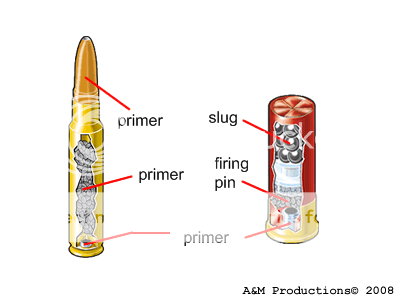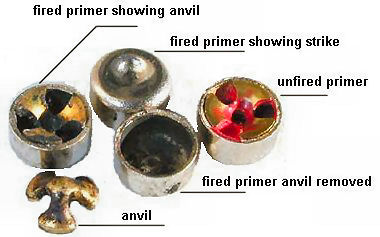jeffC
NES Member
Guy got 6 months in Fed Prison.
Ohh, and apparently his primers contained firing pins......didnt even need a gun... maybe just a makeshift barrel![Thinking [thinking] [thinking]](/xen/styles/default/xenforo/smilies.vb/010.gif)
Maybe for his glock -47
"Braham, who works as a tow truck driver, pleaded guilty in February to illegal transport of explosive and hazardous materials. He was traveling from Boston to his native Jamaica with some 1,700 bullet primers concealed in the lining of his luggage, according to court documents. A bullet primer is the bottom casing that contains gunpowder and a firing pin, but no slug on top"
http://www1.whdh.com/news/articles/...-man-gets-6-months-in-fla-airport-disruption/
Ohh, and apparently his primers contained firing pins......didnt even need a gun... maybe just a makeshift barrel
![Thinking [thinking] [thinking]](/xen/styles/default/xenforo/smilies.vb/010.gif)
Maybe for his glock -47
"Braham, who works as a tow truck driver, pleaded guilty in February to illegal transport of explosive and hazardous materials. He was traveling from Boston to his native Jamaica with some 1,700 bullet primers concealed in the lining of his luggage, according to court documents. A bullet primer is the bottom casing that contains gunpowder and a firing pin, but no slug on top"
http://www1.whdh.com/news/articles/...-man-gets-6-months-in-fla-airport-disruption/

![Roll Eyes [rolleyes] [rolleyes]](/xen/styles/default/xenforo/smilies.vb/042.gif)

